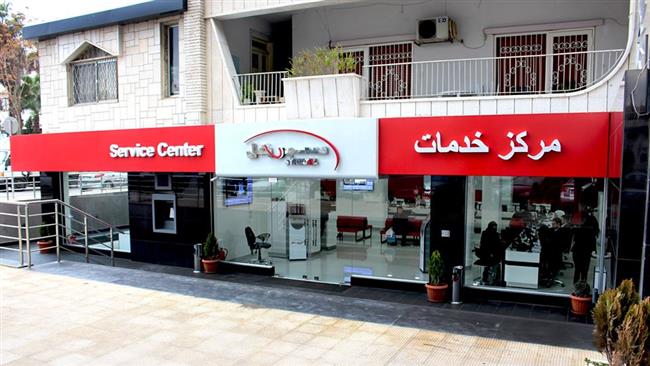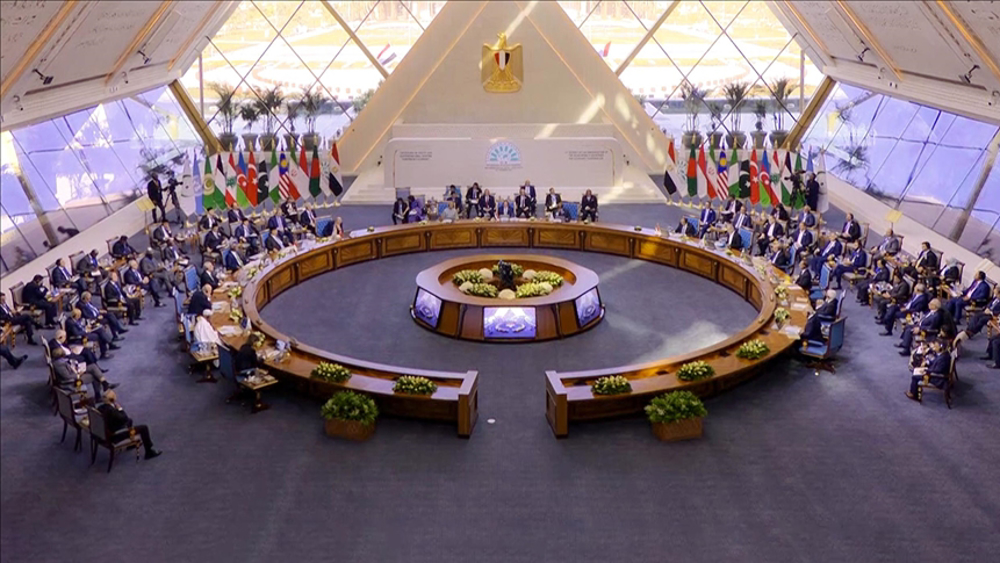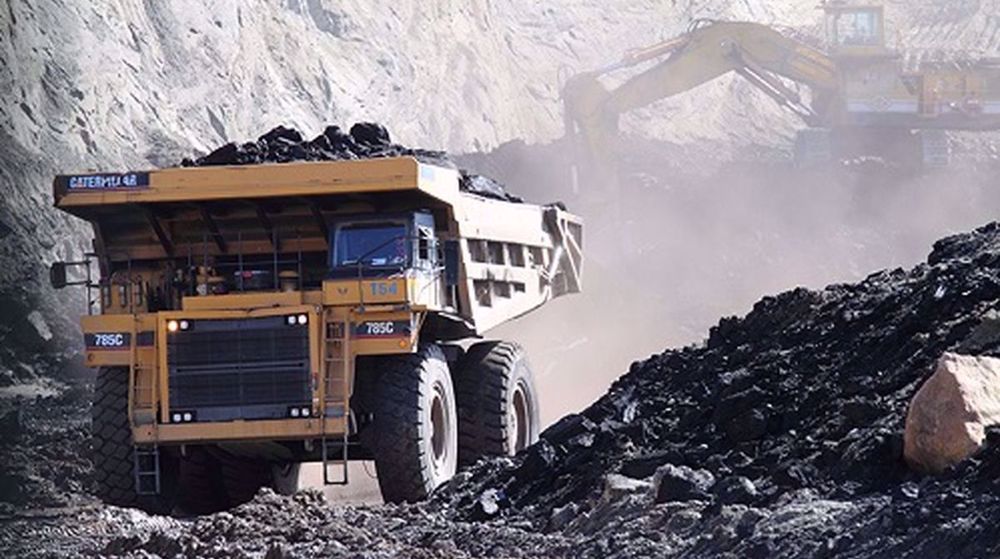Iran, Syria sign major economic deals
Iran and Syria have signed several agreements during a visit by Prime Minister Imad Khamis to Tehran, under which the Islamic Republic will build a mobile service operator in the Arab country.
Khamis and Iranian Vice President Es’haq Jahangiri oversaw the signing of five memorandums of understanding in Tehran on Tuesday to expand economic relations, the IRNA news agency reported.
Under the deals, Syria will grant a license to Iran to operate the Arab country’s third mobile service provider and allow the Islamic Republic to set up a petrol terminal on 5,000 hectares of land, the report said.
Syria will also give Iran 5,000 hectares of farmland and commission the operation of phosphate mines in Sharqiya and a port in the Arab country to Iranian companies, IRNA added.
Khamis arrived in Tehran on Tuesday with a large business delegation, with Jahangiri saying the visit marked "a new page for economic activities between the two countries."

The trip takes place in the wake of Syria’s biggest victories recently in its fight against foreign-backed terrorists, especially in Aleppo.
Jahangiri said the victories are the result of “the gallantry and steadfastness of the Syrian people, army, the fighters of the resistance axis, and also the result of coordination on the field as well as political coordination between Syria and Iran.”
Khamis later met Secretary of Iran’s Supreme National Security Council Ali Shamkhani who called for all-out efforts for the liberation of the remaining areas under the control of terrorists in Syria to continue.
Syria has begun reconstruction work in eastern Aleppo following the recent liberation of the strategic city from the grip of Takfiri terror groups.
A video released last Wednesday showed tractors and forklifts in the Saif al-Dawla district clearing the streets of sandbags and rubble amid efforts to help civilians return to normal life to eastern Aleppo, which had been under militant control since 2012.
Syria’s economy has been battered under a ferocious conflict being waged by foreign-backed militants. Damascus was a major ally of Tehran during eight years of war with the former Iraqi dictator Saddam Hussein in the 1980s.
In May 2013, Iran agreed to provide Syria with a $3.6 billion credit line for imports of goods and commodities and implementing civilian projects.
Iranian firms are involved in a series of electricity generation projects worth $660 million in Syria, according to Energy Ministry officials.
A plan has been mooted for exports of Iranian electricity to Syria which would hook up Iran’s national grid with those of Iraq and Lebanon, creating the biggest power network in the Islamic world.
VIDEO | Carol Singers for Palestine on London’s Parliament Square
American warplane downed after Yemeni attacks 'baffled' US air defense: Ansarullah
VIDEO | Yemenis praise the military for its successful operations against Israel
VIDEO | Israel continues to bomb Gaza homes
VIDEO | An insider's view of the country: Meybod City in Yazd
‘All wars have rules. All of those rules have been broken’ by Israel
VIDEO | Report flags India’s violation of rights of Rohingya detainees
Turkey's foreign minister meets Syria's de facto leader in Damascus










 This makes it easy to access the Press TV website
This makes it easy to access the Press TV website